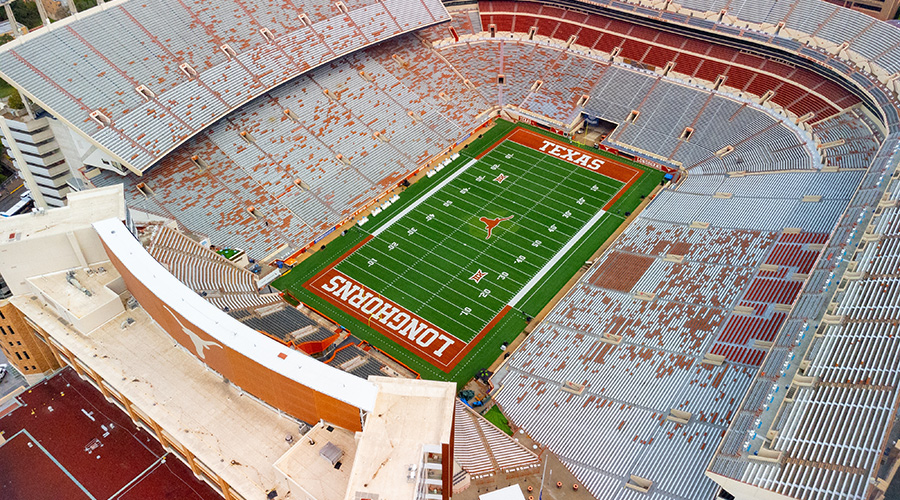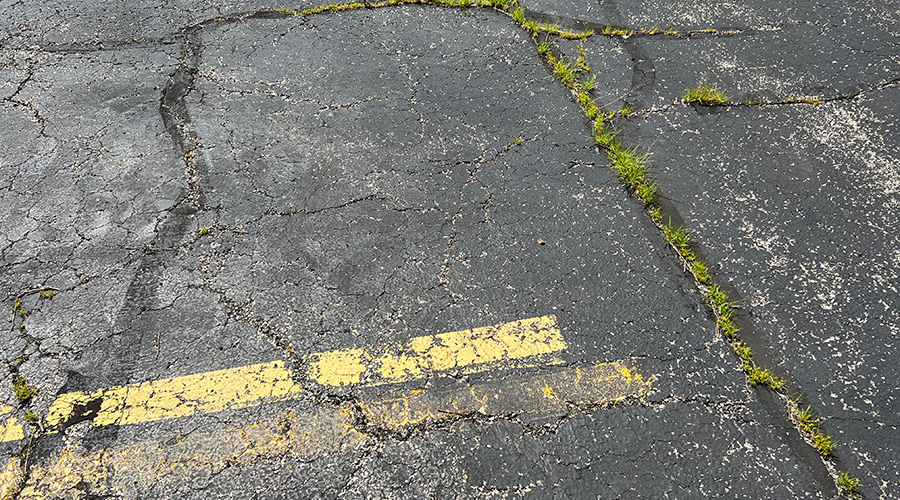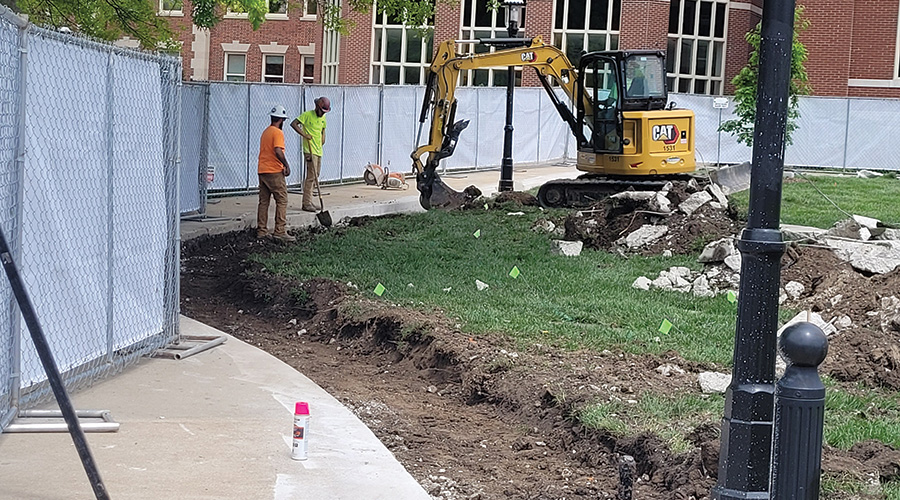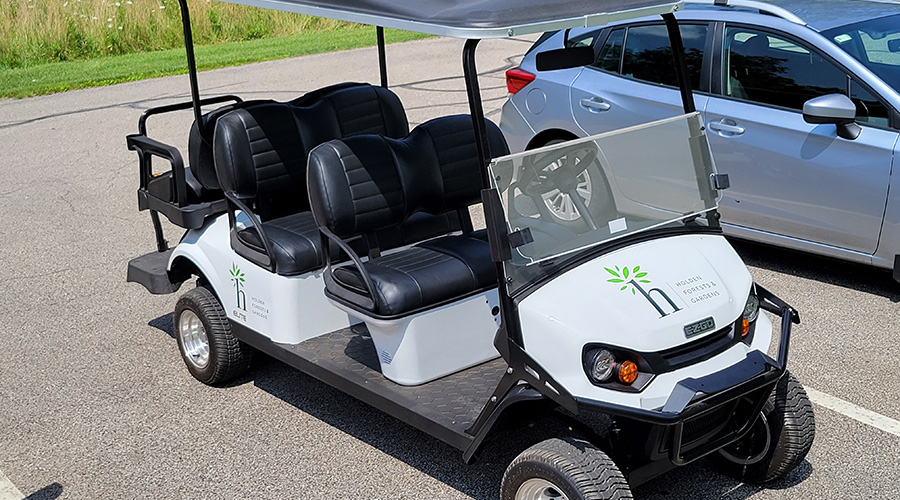Is it Time to Repair or Replace Irrigation System?
Once technicians have identified the source of a problem with the irrigation system, the next question a manager must answer is whether repair or replacement is the best course of action. They can consider several factors when making the decision — the system's age, changes to the landscape over time, and the benefits of bringing in new technology.
System age. Although a properly installed and maintained irrigation system might have an operational life of 20 years or more, some older systems might not be repairable if the manufacturer has stopped making the parts. In other cases, the cost to repair a system might be significantly higher than the cost to replace it.
Landscape changes. Just as landscapes change over time, so should irrigation systems. When making any changes to the landscape, it is important to keep in mind the specific irrigation needs of the finished project. Lawns, flowerbeds and trees each require different amounts of water to remain healthy and thrive. An irrigation system that is not set up to provide the right amount of water to each plant type will be ineffective and wasteful and might be detrimental to the health of the landscape.
Smart technologies. If an irrigation system's controllers are more than five years old, the system is using outdated technology. As with cell phones, computers and any other electronic device, controllers improve and offer more features with each new generation. While the cost of implementing a new-generation irrigation system might be higher in the short term, the long-term benefits of such a move include lower water bills and less system maintenance.
A smart controller is a computerized system that automatically adjusts watering times and amounts based on local weather conditions. Smart controllers work by monitoring and using information about site conditions, such as soil moisture, rain, wind, slope, soil, and plant type. They then apply the right amount of water to a landscape based on those factors. Once the controller is installed and operational, it automatically adjusts for seasonal weather changes and site-specific adjustments, and it requires no ongoing monitoring.
Managers looking to stay on the cutting edge of water-conservation technology need to consider moisture sensors. Designed to be the most efficient method of watering, moisture sensors continuously measure soil and only allow a watering cycle to start when the moisture level drops below a certain, pre-set threshold. While a smart controller still might allow a watering cycle the day of or the day after a rain storm — regardless of rainfall amounts — a moisture sensor will accurately read the soil's moisture level and keep the irrigation system turned off until the excess moisture has dissipated.
Although initial purchase and installation costs are significant, moisture sensors typically pay for themselves in saved water costs in less than three years. Adding a soil moisture sensor also can enable grounds departments to meet increasingly strict water-conservation guidelines that call for smart devices.
The proper installation and maintenance of an irrigation system will result in responsible water use, as well as cost savings. Using an efficient irrigation system also ensures that landscapes stay beautiful and healthy. Working closely with a landscape professional will result in a facility looking its best year-round.
Mike Fitzpatrick is vice president of U.S. Lawns, a commercial landscape company with a national network of locally owned franchises. He has more than 30 years of experience in the green industry.
Related Topics:












